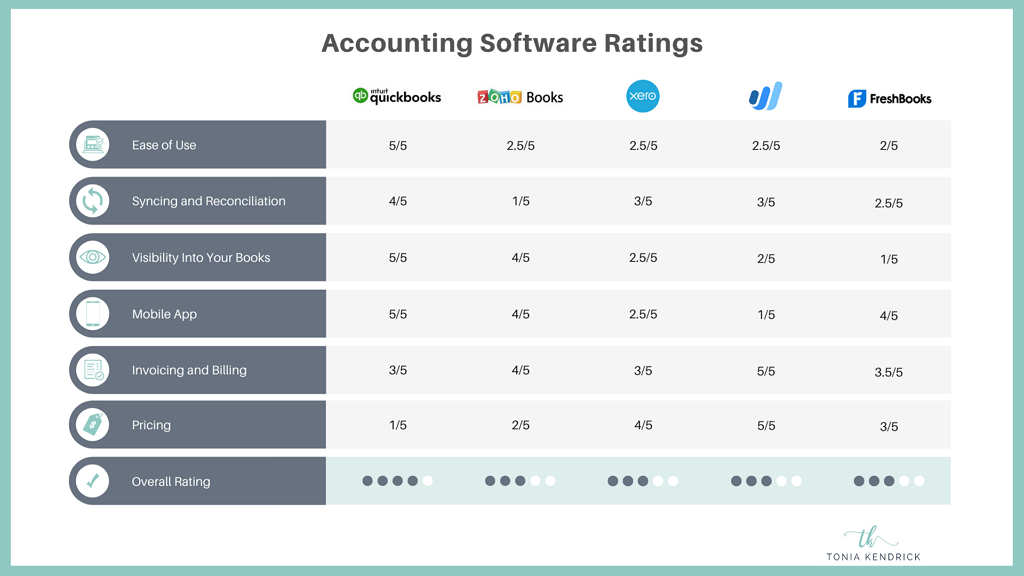Introduction:
Maintaining a healthy personal finance plan requires a combination of proper budgeting, smart spending habits, and consistent saving efforts. However, saving money can be easier said than done. Fortunately, with the right strategies and mindset, you can effectively trim down your expenses and work towards your financial goals. In this blog post, we’ll share five simple yet effective tips for saving money in your personal finance plan.
1. Create a Budget:
Creating a budget is an essential first step towards saving money and achieving your financial goals. A budget enables you to track your income and expenses, identify areas of overspending, and adjust your spending habits accordingly. To create a realistic budget, start by tracking your spending for a few weeks to determine your average monthly expenses. Then, categorize your expenses into fixed expenses (such as rent and utilities) and variable expenses (such as food and entertainment). Try to allocate a specific amount for each category, while leaving some wiggle room for unexpected expenses.
2. Cut Down Your Expenses:
Once you’ve created a budget, identify areas where you can cut down your expenses. For example, you can reduce your grocery bill by meal prepping, make your coffee at home instead of buying it at Starbucks, or cancel unused subscriptions. Look for creative ways to save money without sacrificing your quality of life. Remember, every dollar you save can be put towards your financial goals.
3. Track Your Spending:
Tracking your spending is critical to monitoring your progress towards your financial goals. Keep a record of all your expenses, both big and small. This includes cash purchases, credit card transactions, and automatic payments. By tracking your spending, you can identify any unnecessary expenses and adjust your budget accordingly. There are many online tools and apps available to help you track your spending easily.
4. Take Advantage of Coupons and Discount Codes:
Coupons and discount codes are an excellent way to save money on your purchases. Take advantage of online coupons and discount codes to get the best deals on groceries, clothing, and other essential items. Make sure to compare prices from different retailers before making a purchase to ensure you’re getting the best deal.
5. Build an Emergency Fund:
An emergency fund is a crucial component of your personal finance plan. It provides a safety net for unexpected expenses such as medical bills, car repairs, or job loss. Aim to save at least three to six months’ worth of living expenses in your emergency fund. Set up automatic transfers from your checking account into your emergency fund to ensure you’re consistently contributing to it.
Conclusion:
Saving money doesn’t have to be a daunting task. By creating a budget, cutting down your expenses, tracking your spending, taking advantage of coupons and discount codes, and building an emergency fund, you can work towards your financial goals with confidence. Remember, every little bit counts, and by implementing these tips, you’ll be on your way to achieving financial freedom.











